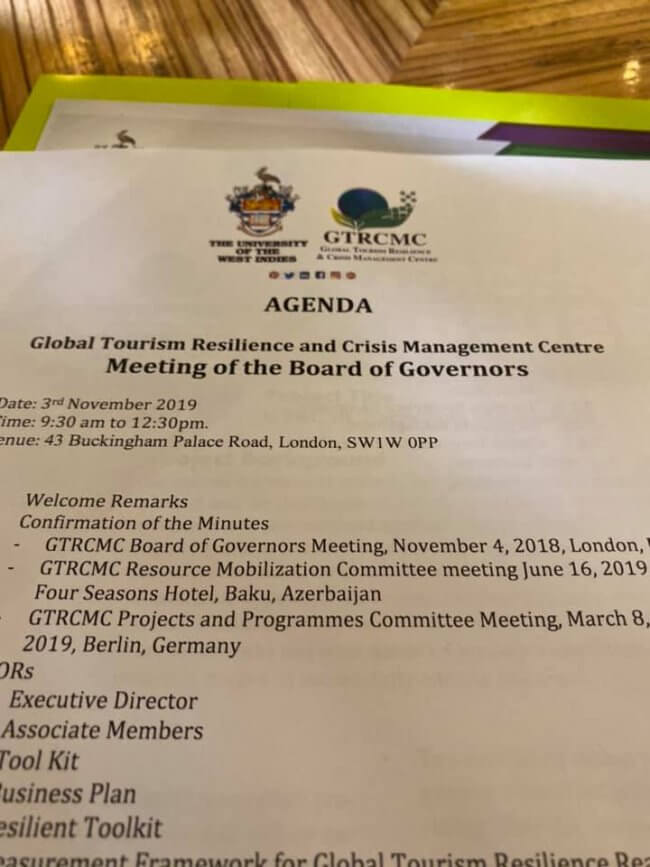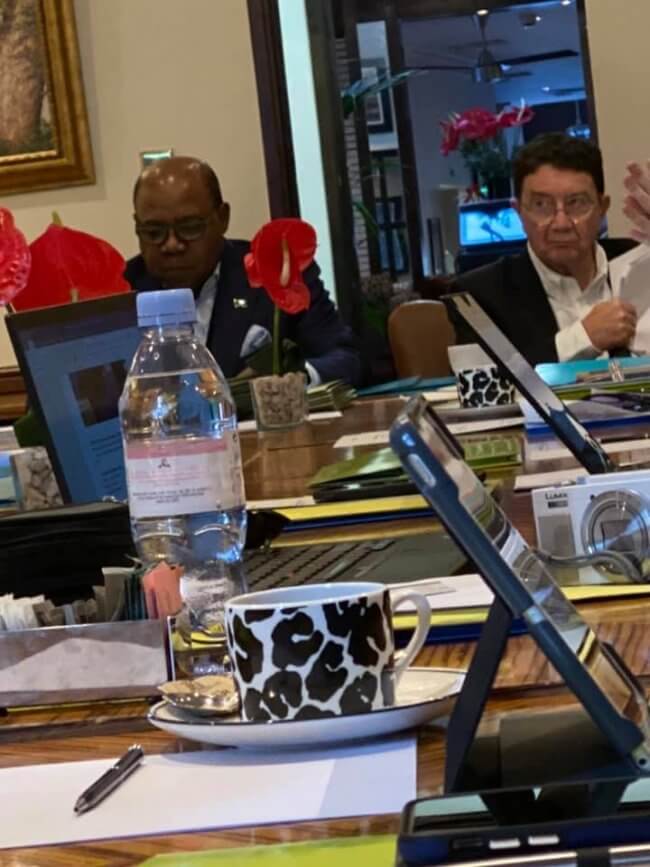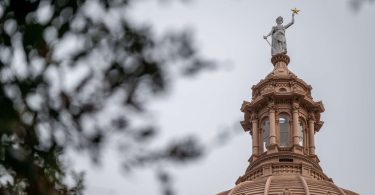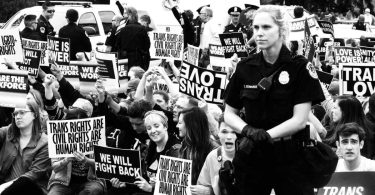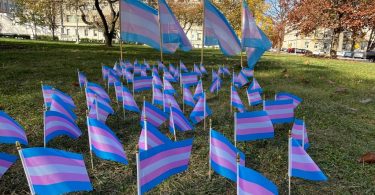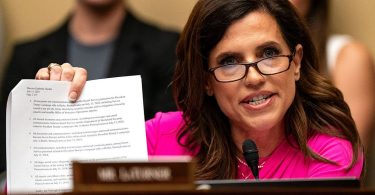The Global Tourism Resilience and Crisis Management Center met with its Board of Governors last week on Sunday in London.
Under the leadership of the University of the West Indies and Professor Lloyd Waller and Jamaica Tourism Minister Edward Bartlett, the Global Tourism Resilience and Crisis Management Centre (GTRCMC) was established in Jamaica to deal with climate-related issues. It was aimed at assessing, forecasting, mitigating and managing risks related to tourism resilience, caused by various disruptive factors. These disruptions may include climate change and natural disasters, cybercrime, cybersecurity, pandemics, terrorism, war, population, and changing funding models. The facility includes a Sustainable Tourism Observatory.
The Global Tourism Resilience and Crisis Management Centre are based at the Mona Campus of the University of the West Indies and with partners and centers across the globe.
Partners include the United Nations World Tourism Organization (UNWTO); World Travel and Tourism Council; Caribbean Hotel and Tourism Association; Caribbean Tourism Organisation; and the Jamaica Hotel and Tourist Association (JHTA), universities, airlines, cruise lines.
At the London board meeting also attended and supported by the African Tourism Board by its founding chairman Juergen Steinmetz, who is also the publisher of eTurboNews
Several projects were introduced, including
- GTRCMC online Academic Journal: 24 months, US$ 250,800.00
The objective of the project is to develop Online Academic Jurnal and to maintain this journal for two years. A budget of US$ 250,800.00 for 24 months was set for this project.
- GTRCMC Sargassum Management
Sargassum is a seaweed currently negatively affecting the Caribbean’s tourism product and the livelihoods of persons living in the Caribbean. Various governments, non-governmental agencies, and private sector entities have already begun significant research and have implemented various initiatives to manage this invasive species. These initiatives have ranged from preventative measures to economic opportunities. Private entities have been using the seaweed for various commercial purposes. To date, there exists no coordinated effort to explore what works and what doesn’t. Certainly, a coordinated and integrated approach is needed to successfully address this crisis.
The goal for this project is that it can ensure that the sargassum spread does not disrupt the Caribbean tourism product and the livelihoods of persons living in the region.
- GTRCMC Measurement Framework for Global Tourism Resilience Readiness: Tourism Resilience Barometer:
This Framework will essentially assist policymakers, destination operators, public/private companies, educational institutions, governments, non-governmental organizations or other stakeholders to determine the level of tourism resilience readiness across countries.
Though the framework and index, stakeholders will be able to determine through a compositive score and ranking, how well a country is doing as it relates to tourism resilience.
The tool will identify Tourism Resilience gaps across countries and implement corrective strategies to prepare these countries for various disruptions. It will allow progress on global tourism resilience to be measured ver time and provides new information which helps deepen understanding of global tourism resilience as it enables comparison and facilitates discussion based on the “big picture” rather than many separate indicators.
The budget for 10 months is US$354,400.00
- GTRCMC Academic Chair
The objective of the project is to establish an Academic Chair in Resilience and Innovation at the University of the West Indies.
The Chair will lead the academic component of the GTRCMC. More specifically, the Academic Chair will undertake global research on tourism resilience and crisis management, facilitate public-private partnerships between and among governments, the academic community, civil society, the private sector, and international organizations and undertake grant writing for the purpose of funding research projects to be undertaken by the center.
The budget is set for $65,000.00 over 36 months.
Hon. Minister E. Bartlett and Dr. Taleb Rifai
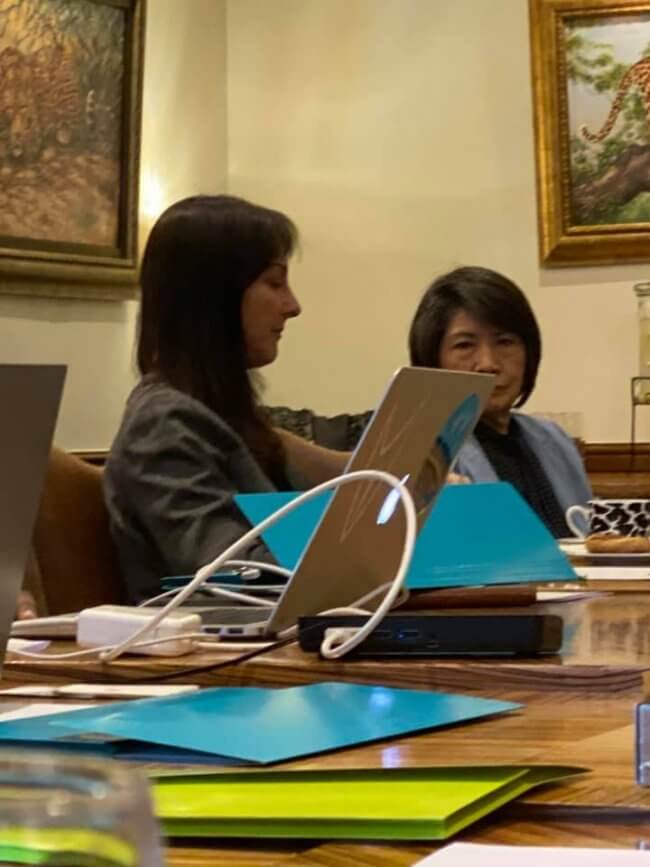
Elena Kountoura, Member EU Parliament and former Greece Tourism Minster, and Ambassador Dho, South Korea
